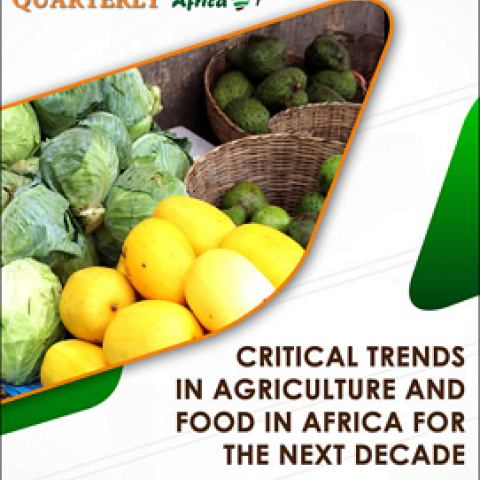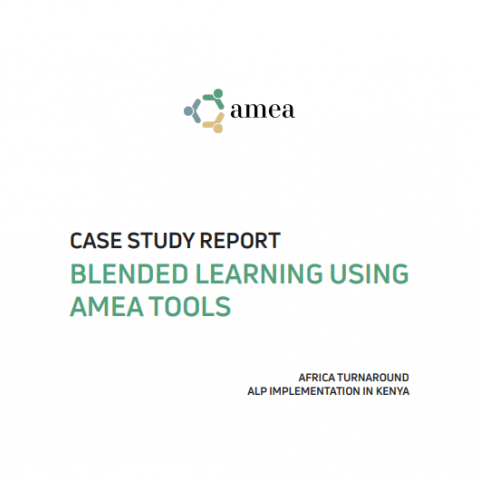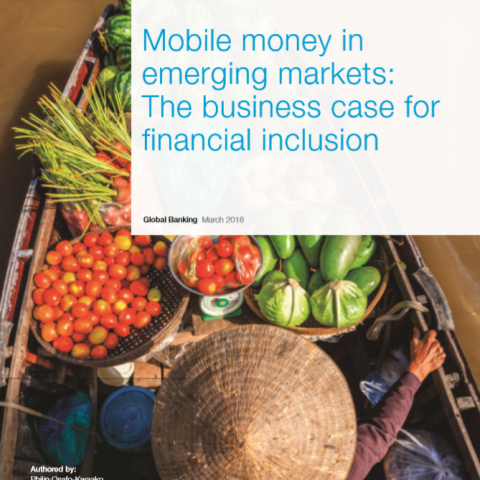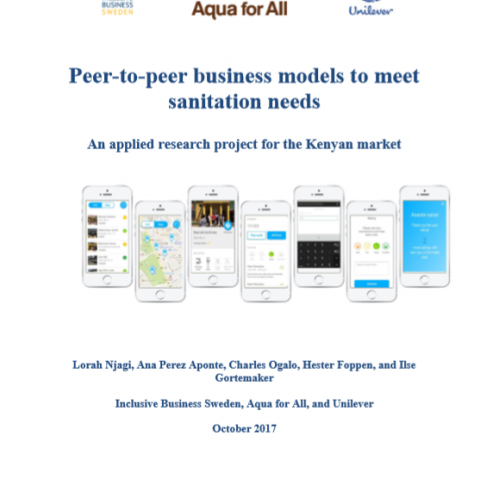Commendable progress has been made across many parts of Africa over the past years to increase agricultural productivity, reduce hunger, malnutrition, and poverty, create new employment opportunities for young people and improve the livelihoods of rural communities. Yet, demographic change, urbanization, shifting diets and climatic changes mean that pressure is growing on food systems to make more food and more varied and nutritious food available and accessible. How African countries position themselves to harness and deploy digital technologies will determine the future competitiveness of African agriculture and its contribution to African economies.
The current report — Byte by byte: policy innovation for transforming Africa’s food system with digital technologies— summarizes the key findings of a systematic analysis of what seven African countries at the forefront of progress on digitalization of the agriculture sector have done right. It analyzes which institutional and policy innovations were implemented and which actions by the private sector and agtech start-ups were taken to increase the development and use of digital tools and services in the agriculture value chain. The objective of this report is to identify interventions that work and benefit farmers and other actors in the value chain and recommend options for policy and program innovation that allow countries to develop a digitalization ecosystem in which digital technologies and services can be developed and used to foster growth and competitiveness in Africa’s agriculture value chains.





















